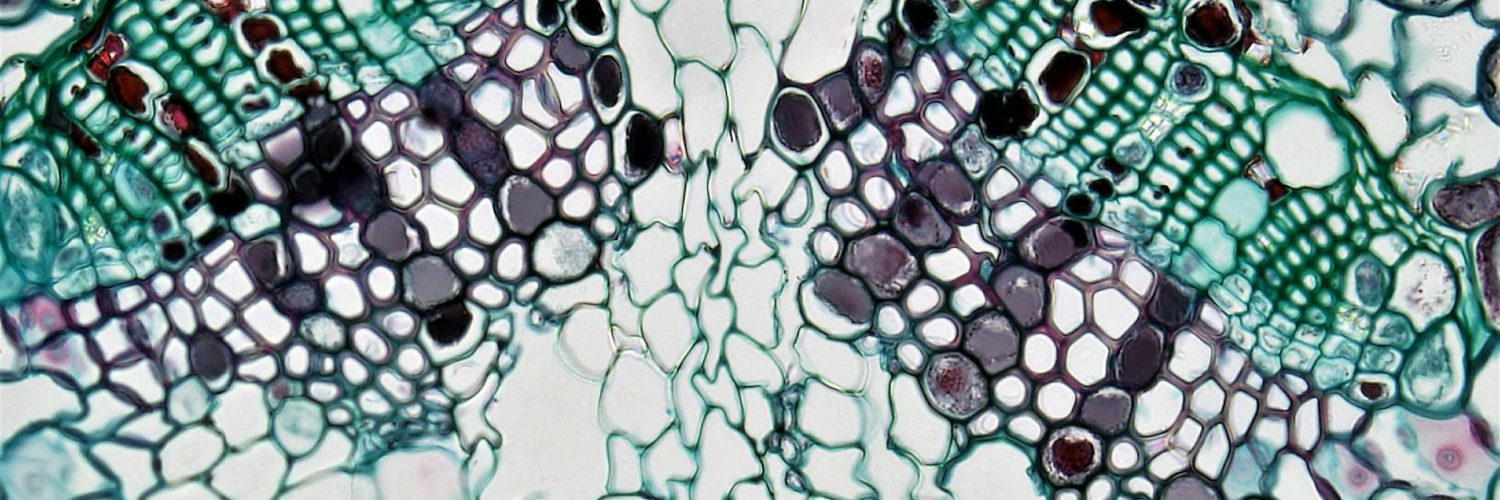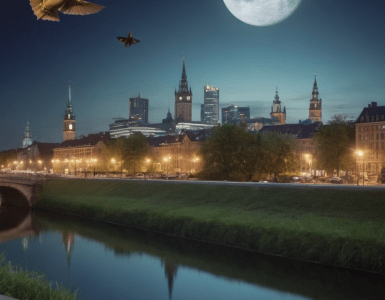Ever feel like you’ve got a pretty good grasp on the world? Think again. We’re surrounded by seemingly ordinary things, whispering secrets if we only care to listen. We’re about to dive into some “expected” facts, but with a side of seriously surprising trivia that’ll leave you questioning everything you thought you knew. Nature's Cunning Thieves
The Surprisingly Stubborn Water Molecule
We all know water (H₂O). It’s life’s elixir, the stuff of oceans and rain. But did you know that the simple hydrogen-oxygen bond in a water molecule is ridiculously strong for its size? This seemingly mundane fact is the basis for many of water’s unique properties — its high surface tension (allowing water striders to walk on water), its high boiling point (keeping our planet relatively warm), and its ability to act as a universal solvent (essential for life as we know it). This strength, often overlooked, is the silent hero of our existence.
The Unexpectedly Social Lives of Plants
Plants aren’t exactly known for their lively chatter, are they? Yet, they communicate all the time. Through underground fungal networks, trees and other plants exchange nutrients, warning signals about pests, and even share resources with “family members.” This “wood wide web,” as it’s sometimes called, is a hidden layer of communication beneath our feet, challenging our anthropocentric view of the natural world. It demonstrates a level of sophisticated interaction that rivals some animal societies.
The Gravity of a Missing Link: Kleopatra’s Needle
Kleopatra’s Needle, an ancient Egyptian obelisk, stands tall in London’s Victoria Embankment. Its journey from Egypt to England is a story of engineering ingenuity and sheer luck. But the truly surprising element? The obelisk’s inscription details its construction date to 1520 BC. In many ways, this relatively “mundane” fact underscores the incredible lifespan of human-made artifacts and the long, often untold, history concealed within them. It silently spans millennia, witnessing countless societal shifts and human dramas.
The Curious Case of the Placebo Effect
The placebo effect isn’t just “all in your head.” While it’s true that believing in a treatment can influence its effectiveness, there’s more to it than just wishful thinking. Studies show that placebos can trigger real physiological changes in the body, affecting pain perception, hormone levels, and even immune responses. These tangible effects highlight the complex interplay between mind and body, and the still mysterious power of belief in impacting physical health.
The Unexpectedly Complex World of Sleep
We all sleep, but we often underestimate its complexity. We cycle through different sleep phases, each with its own unique brainwave patterns and physiological changes. REM sleep, for instance, is crucial for memory consolidation and emotional processing—a rather impressive feat for something that occurs while we’re deeply unconscious. Dreams, often dismissing as random neural firings, now have a growing body of studies suggesting a role in problem-solving and emotional regulation.
The Surprisingly Vital Role of Microbes
We’re not simply individuals, but rather intricate ecosystems. Trillions of microbes live on and inside our bodies, outnumbering our own cells by a significant margin. These tiny organisms aren’t just passive passengers; they play crucial roles in digestion, immune function, and even mood regulation. Indeed, the human microbiome is becoming recognized as a vital organ in its own right, shaping our health in ways we’re only beginning to understand.
The Astonishing Longevity of Certain Trees
Many trees live long lives, of course, but some truly defy expectations. Methuselah, a Great Basin bristlecone pine in the White Mountains of California, is estimated to be over 4,800 years old – it was alive when the pyramids of Giza were being built! These ancient organisms have seen millennia pass, bearing witness to the rise and fall of civilizations and countless ecological changes. Their longevity serves as a humbling reminder of the vast timescales that govern the natural world.
The Unexpectedly Musical World of Whales
Whales are known for their immense size and powerful presence, but their communication skills are equally remarkable. Humpback whales, for example, sing complex songs that can last for hours, traveling for miles underwater. These songs are not only beautiful displays, but likely integral to their mating rituals and social interactions, showcasing their intellect and the mysterious depths of their underwater world.
The Cosmic Dust in Your DNA
Here’s a sobering thought: the atoms that make up your body, including the DNA that defines you, were once part of distant stars. Stars are cosmic forges that create elements—the building blocks of life—through nuclear fusion. These elements are scattered into space when the star dies, forming nebulae that eventually collapse to form new stars and planets. Thus, literally, you’re made of stardust. Even the mundane becomes amazing when considered on a cosmic scale.
Conclusion:
From the hidden conversations of plants to the stardust in our DNA, the everyday world is full of unexpected wonders. Seeing the familiar in a new light helps us appreciate the intricate connections that govern our lives, the surprising power of the seemingly mundane, and the awesome scale of the universe in which we dwell. Keep exploring, keep questioning, and keep discovering the unexpected familiarity around you.

























Add comment